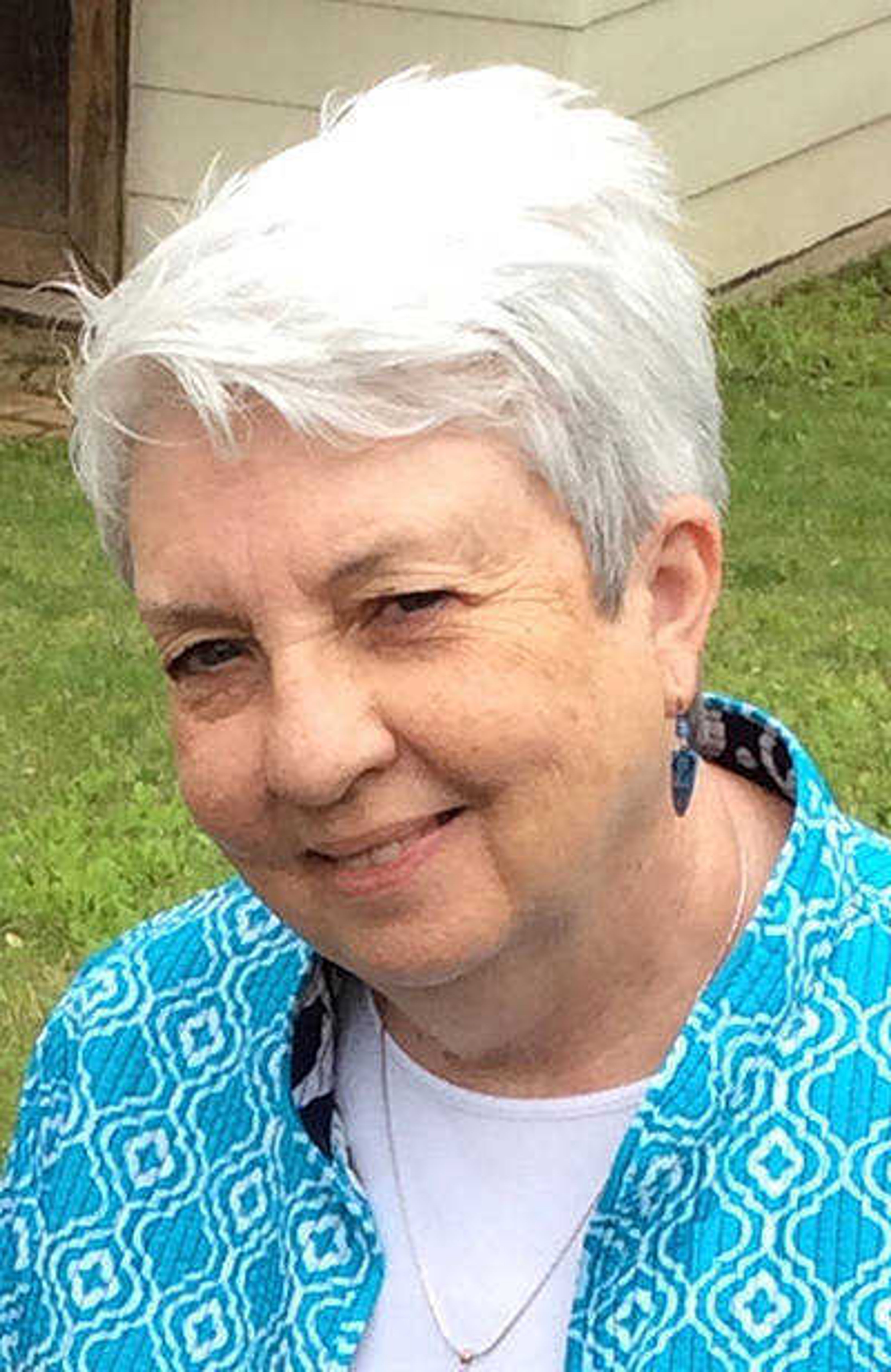Madison F. Ross -- patriot for freedom
Madison, grew up enslaved by James F. Ross on a plantation near Commerce in Scott County. Of his early life, Madison said, "There was about 600 acres in the home place and a hundred acres in the other farm. Old Master had 25 or 30 slaves, and we had eight cabins built on three sides of a square and the big house on the other side. ...
Madison, grew up enslaved by James F. Ross on a plantation near Commerce in Scott County. Of his early life, Madison said, "There was about 600 acres in the home place and a hundred acres in the other farm. Old Master had 25 or 30 slaves, and we had eight cabins built on three sides of a square and the big house on the other side. It was a big house, white with porches upstairs and down. They was lots a fruit trees around the house -- peaches, plums, pears, apples, and they was hollyhocks growing all around the yard."
We have Madison's first person account, preserved in his 1937 interview, part of the Library of Congress' Slave Narrative collection -- loc.gov/resource/mesn.100/?sp=303&st=image&r=-1.01,-0.181,3.019, 1.884,0. He recounted details of his family's cabin, his impression of his elderly master, his chores and baking corn pone. He described his rudimentary education, instructed in secret by his enslaver's son. Madison's experience of slavery had a degree of benefit, because his parents were skilled craftsmen -- his father, a shoe maker, and his mother, a weaver -- a much different life than experienced by the field laborers. Yet, freedom was not theirs.
Of the Civil War, Ross said, "When the War came on, we heard lots about it and sometimes we'd see soldiers." He told about General Grant's soldiers coming down the river in boats and camping in the area. The soldiers came foraging at the Ross farm, and Madison remembered, "they'd grind their swords on our grindstone and show us how sharp they was by cutting the corn stalks."
Madison seemed at a crossroad simultaneous with the country's crisis. Amid the circumstances of the War, the rumors of pending emancipation and the active military presence in the neighborhood, Madison, at the age of 19, was stirred by an irresistible call to courage and self-determination.
He explained, "One night in '63, me and four others ran away and went to the Cape and joined the army. I was in Co. H, 56th Colored, under Col. Benzoni. We was in the battle of Big Creek, Arkansas, and in several skirmishes." Thus, with daring decision and courageous action, Madison chose his own path to freedom with a three-year enlistment into the service of the United States Colored Troops (USCT).
Beyond their military duties, the 56th USCT commander made sure his soldiers had education opportunities. So, after the war, Madison returned to Commerce and farmed rented property, but also felt a duty to help others by starting a school: "I called it 'Select School' -- and they paid 50 cents a month -- grown folks come to my school some of them 50 and 60 years old, and I had all I could take care of. Later I taught school out in the country."
Madison Ross married Elvira Greer in 1887 and raised six children: Raymond, Louis, Artie Mae, Iva, Carrington (aka Taft) and Roosevelt. Well-known throughout the area as an herbalist "doctor," Ross was often consulted, well into his 90s, for his mastery of natural remedies to heal and comfort the Commerce community. Madison Ross died 1939 and was buried in the Jackson Hill cemetery. Overgrowth of trees and vines now obscure his grave, but his service and contributions to the world of his freedom are remembered with honor this Memorial Day season.
Connect with the Southeast Missourian Newsroom:
For corrections to this story or other insights for the editor, click here. To submit a letter to the editor, click here. To learn about the Southeast Missourian’s AI Policy, click here.











